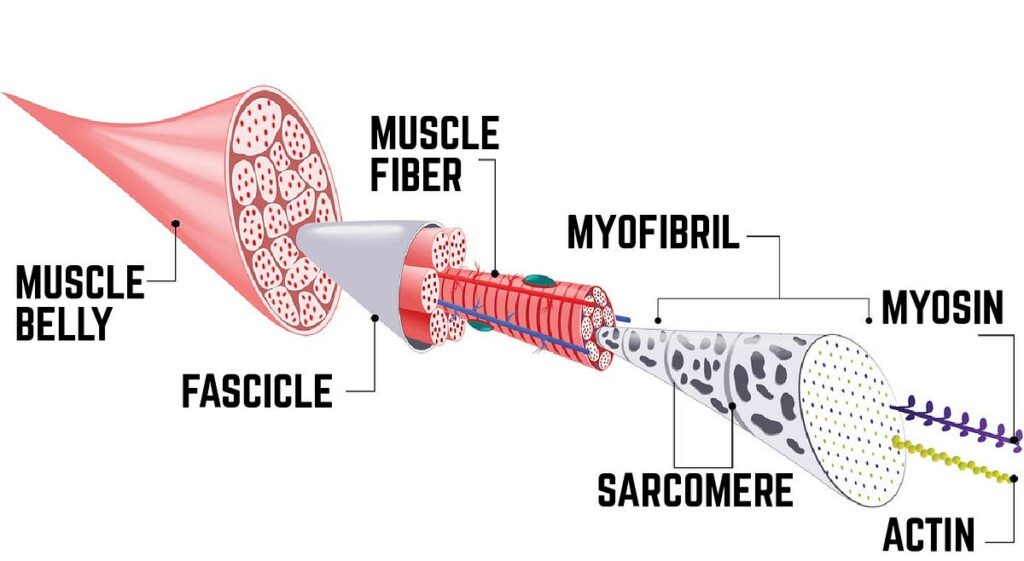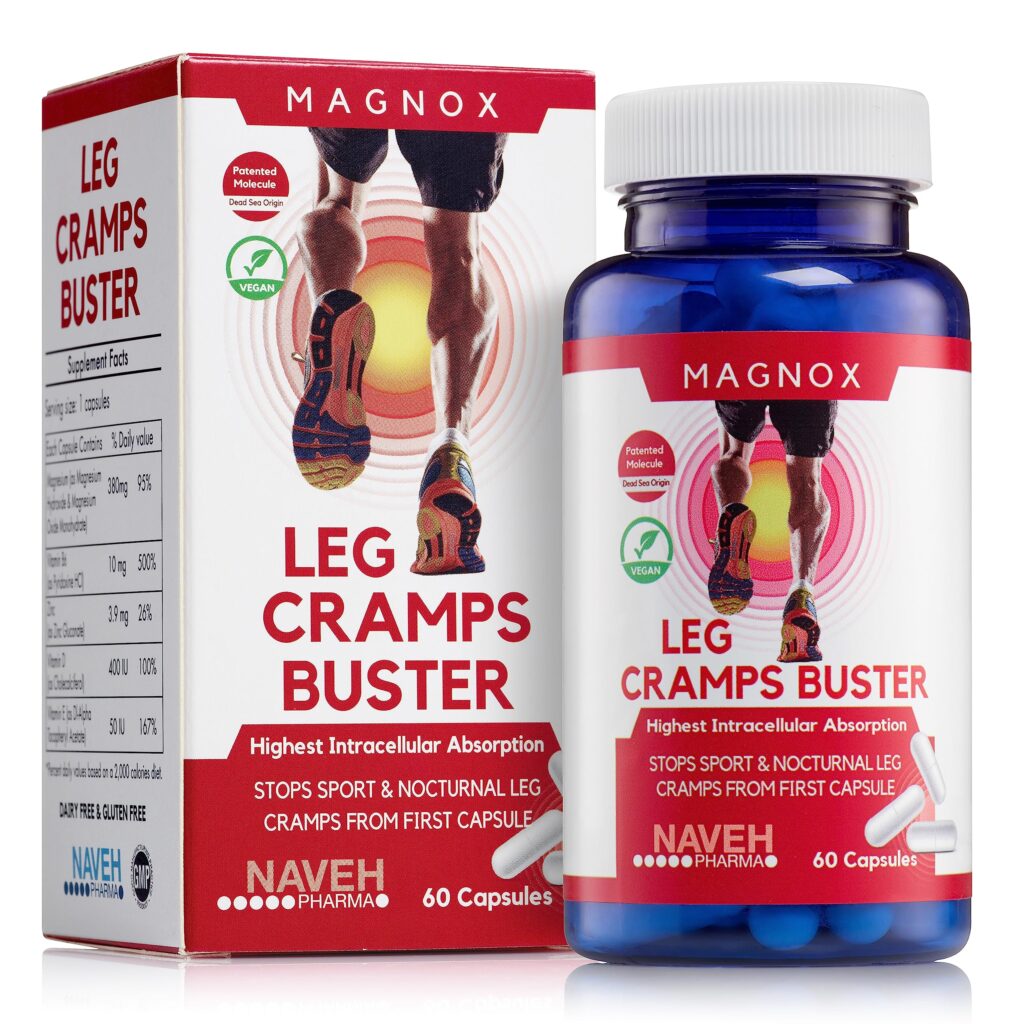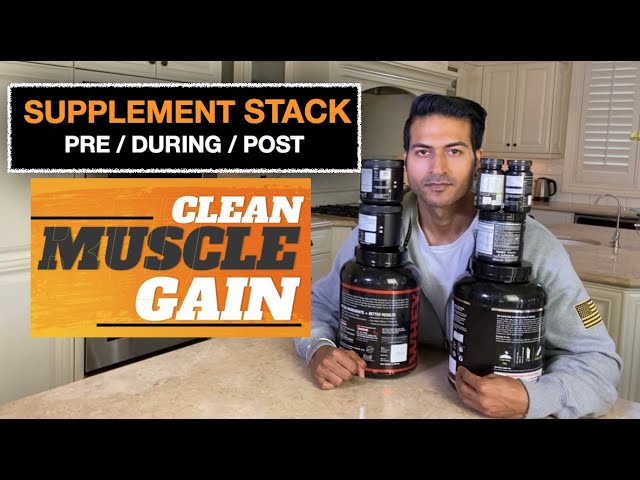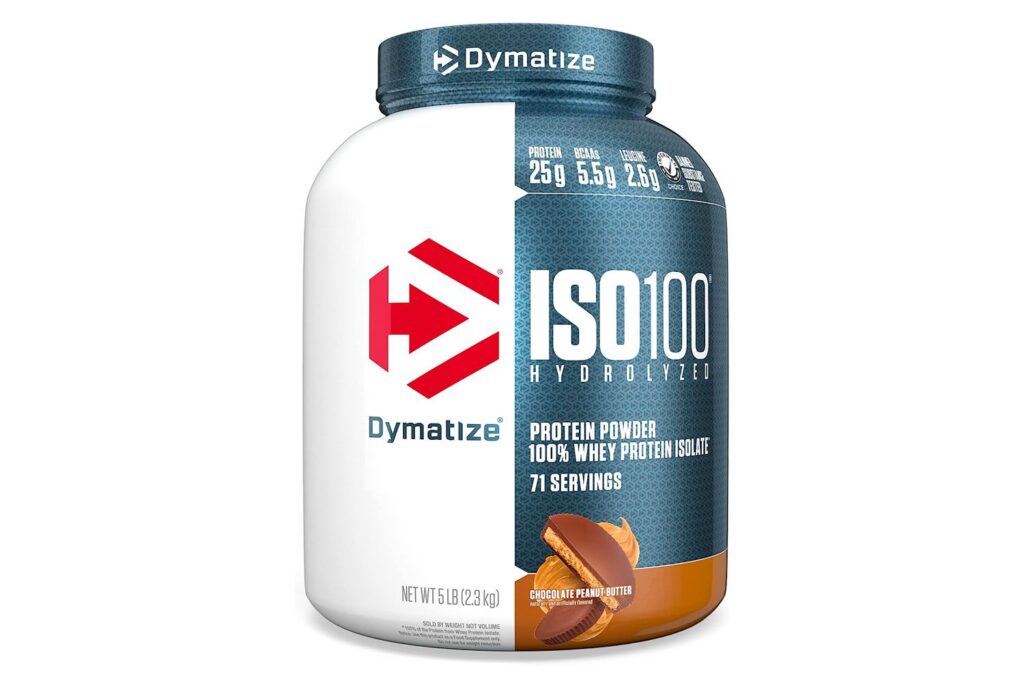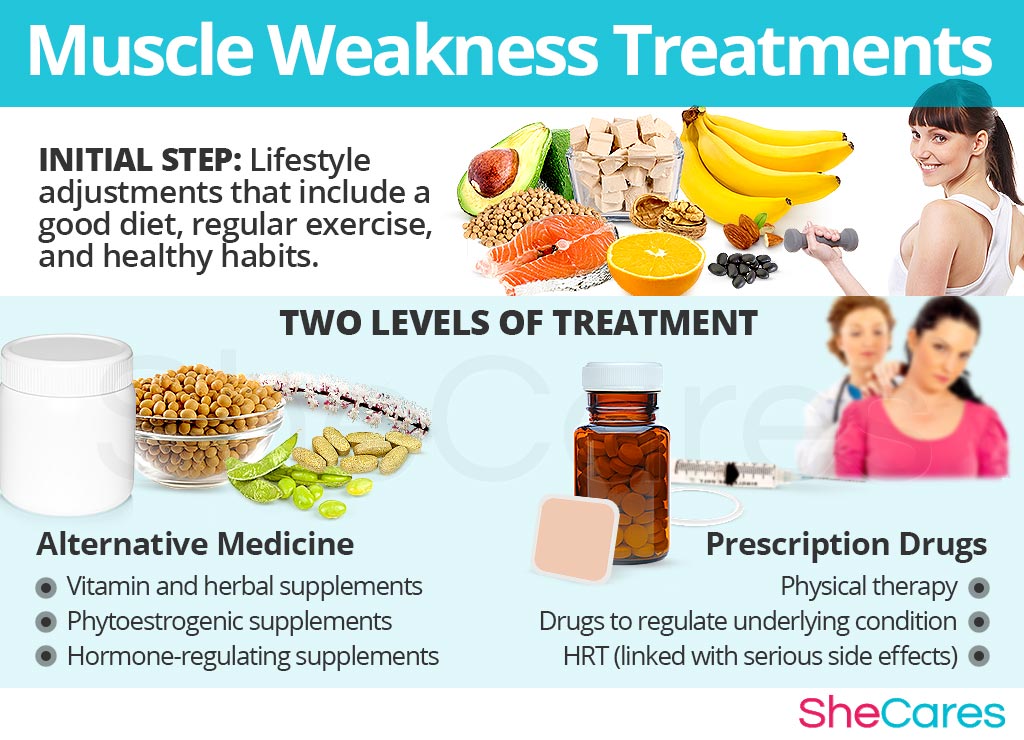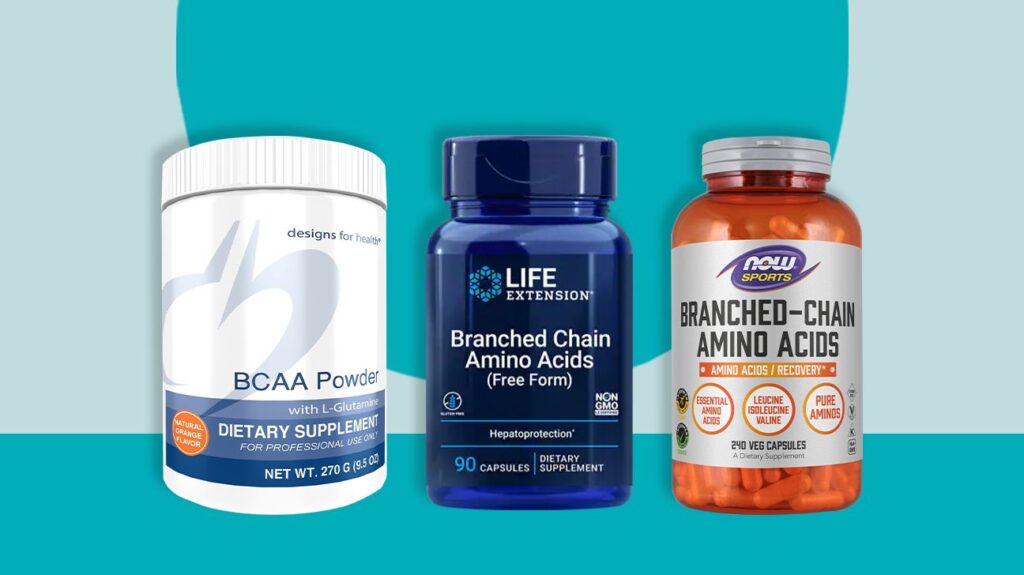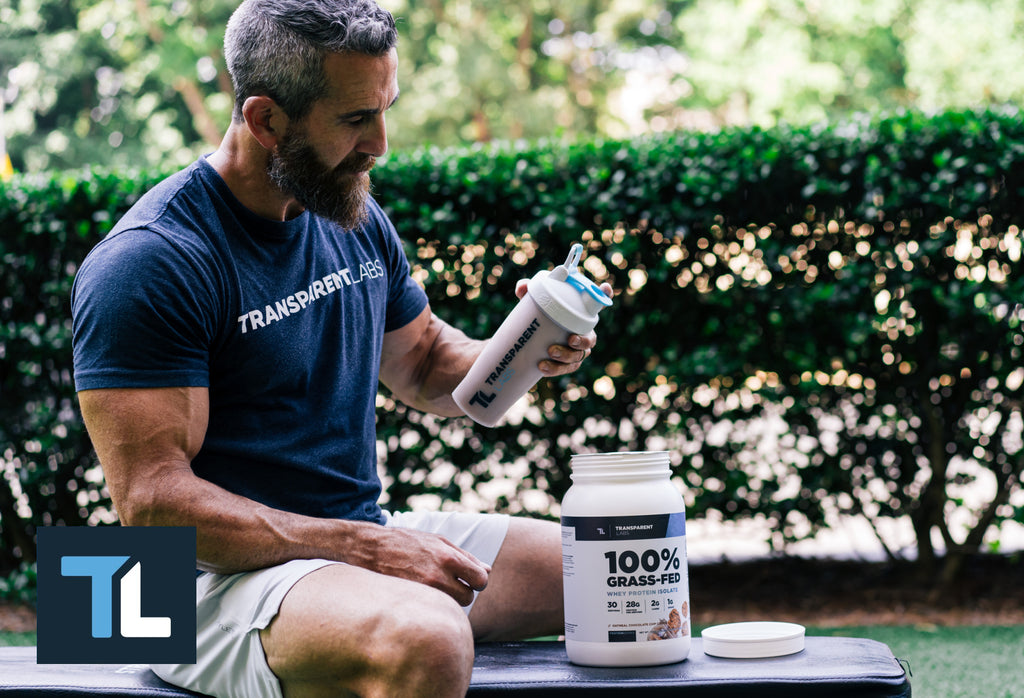Muscle mass works through hypertrophy, where muscle fibers increase in size due to resistance training. Proper nutrition and rest are crucial.
Muscle mass plays a vital role in overall health and fitness. It involves the enlargement of muscle fibers through consistent resistance training, which includes activities like weight lifting and bodyweight exercises. Adequate protein intake and rest are essential to support muscle growth and repair.
Increased muscle mass not only enhances physical strength but also boosts metabolism, aiding in weight management. Regular exercise and a balanced diet are key to maintaining healthy muscle mass. This approach leads to improved endurance, reduced risk of injuries, and better overall body composition. Understanding muscle mass and how it works can significantly impact your fitness journey and overall well-being.
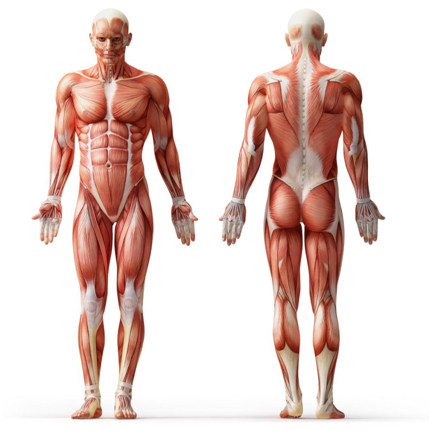
Credit: www.builtlean.com
Muscle Anatomy Basics
Muscle fibers come in different types. The main types are slow-twitch and fast-twitch. Slow-twitch fibers help with endurance activities. Fast-twitch fibers are great for quick bursts of strength. Each type has its own role. Both types work together in your muscles. Knowing the difference is important.
Muscles are made up of many parts. Muscle fibers are the smallest units. These fibers form bundles called fascicles. Fascicles group together to make the whole muscle. Each fiber contains smaller units called myofibrils. Myofibrils are made of proteins. These proteins help muscles contract. Understanding this helps you know how muscles work.
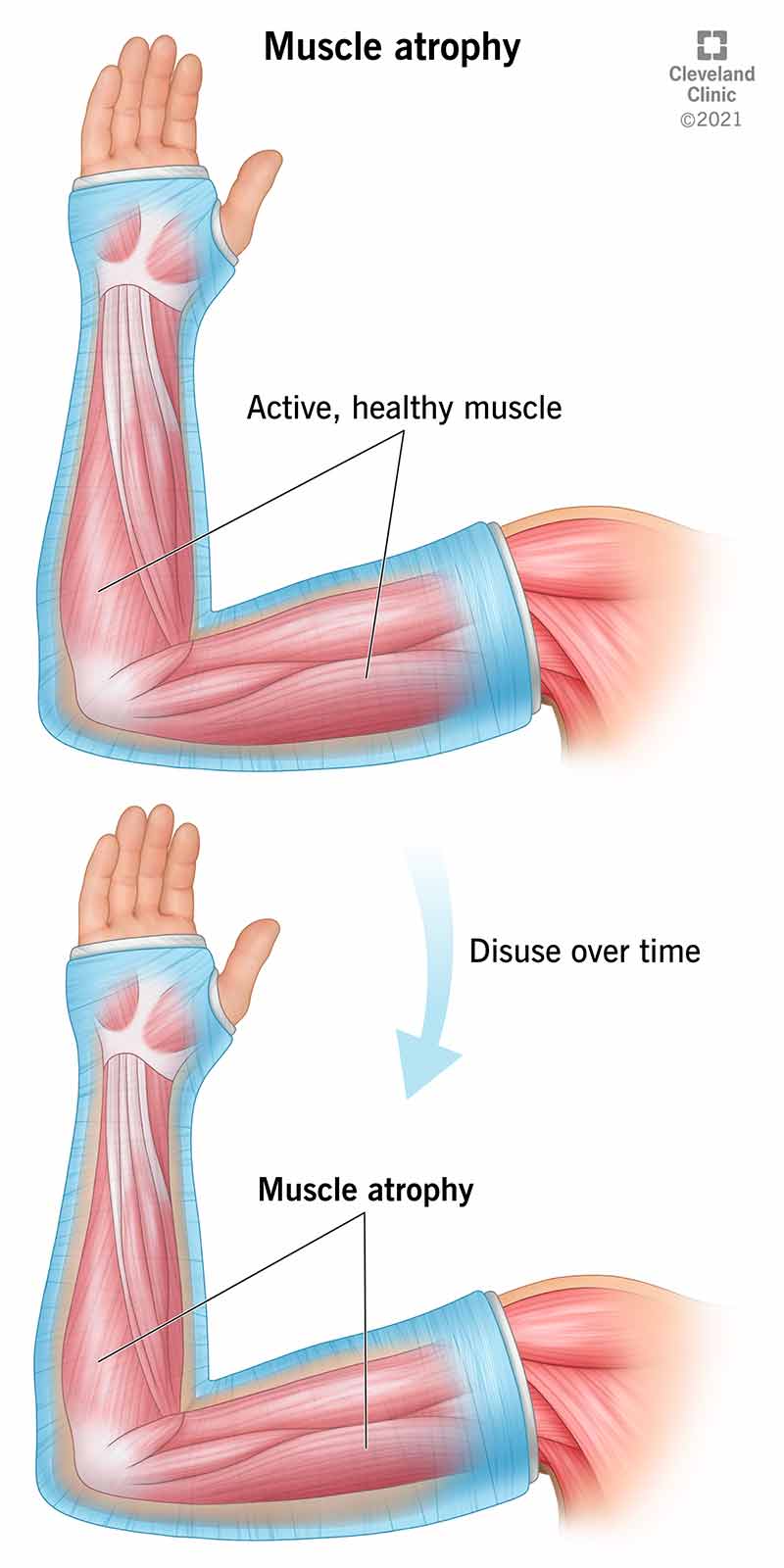
Credit: my.clevelandclinic.org
The Role Of Protein
Protein synthesis is the process where your body makes new proteins. These proteins help build and repair muscles. Amino acids are the building blocks of proteins. Your body uses amino acids to create muscle tissue. Exercise and nutrition impact protein synthesis. Your muscles grow stronger with more protein synthesis. Eating the right foods can help this process.
Protein-rich foods are essential for muscle growth. Chicken, fish, and eggs are excellent choices. Beans and lentils also provide protein. Dairy products like milk and cheese are good sources too. Nuts and seeds can also help. Eating a variety of these foods is best. This ensures you get all the necessary amino acids.
Hormones And Muscle Growth
Testosterone is a key hormone for muscle growth. It helps build and repair muscle tissue. Higher testosterone levels lead to increased muscle mass. Men have more testosterone than women. This is why men generally have more muscle. Exercise can boost testosterone levels. Weight lifting is especially effective. Eating a healthy diet also helps. Foods rich in protein and healthy fats are best. Sleep is important too. Lack of sleep can lower testosterone levels.
Growth hormone is another vital hormone for muscles. It helps with muscle repair and growth. This hormone is produced in the pituitary gland. Exercise stimulates its release. Intense workouts are most effective. Sleep also boosts growth hormone levels. Most of it is released during deep sleep. A good diet can support growth hormone production. Foods rich in amino acids are beneficial. Stress can lower growth hormone levels. Relaxation and rest are important.
Exercise And Muscle Development
Strength training builds muscle. Lifting weights is common. Resistance bands are also used. Muscles grow stronger. Repetitions are key. Higher weights increase strength. Consistency is important. Small breaks are good. Muscles need to rest. Protein helps repair muscles. Strength training boosts metabolism. Muscles burn more calories. This helps with weight management.
Endurance training improves stamina. Running and cycling are popular. These exercises raise heart rate. Longer sessions are typical. Muscles work for extended periods. This builds aerobic capacity. Breathing improves. Oxygen reaches muscles better. Endurance training also benefits the heart. Cardiovascular health gets better. Both training types are good. They complement each other. A mix is ideal. Balance strength and endurance for best results.
Recovery And Muscle Repair
Rest is crucial for muscle recovery. Muscles grow and repair during rest. Skipping rest can lead to injuries. Sleep is a big part of this. Good sleep helps muscles recover faster. Aim for at least 8 hours of sleep. Overtraining can harm muscles. Balance workouts with rest days.
Nutrition supports muscle repair. Protein is key for muscle growth. Eat protein after workouts. Good sources are chicken, fish, and beans. Carbohydrates give energy. They help in muscle recovery. Include fruits, vegetables, and grains. Hydration is also important. Drink plenty of water. Avoid sugary drinks and junk food.
Age And Muscle Mass
As people get older, they tend to lose muscle. This is called sarcopenia. Muscle loss can make daily activities harder. It can also lead to weakness and falls. Keeping active can help slow muscle loss. Eating enough protein is also important. Strength training exercises are very helpful. These exercises include lifting weights or using resistance bands. Staying healthy overall can help maintain muscle mass.
Regular exercise is key to fighting muscle loss. Focus on strength training. Activities like walking and swimming can help too. A diet rich in protein supports muscle health. Fish, chicken, and beans are good sources. Staying active and eating well are the best ways to keep muscles strong. Supplements may also be helpful. Always talk to a doctor before starting any new supplement.
Supplements For Muscle Growth
Protein powder helps build muscles. It is easy to mix with water or milk. Creatine boosts energy during workouts. It helps you lift heavier weights. Branched-Chain Amino Acids (BCAAs) reduce muscle soreness. They also support muscle recovery. Beta-Alanine can delay muscle fatigue. This means you can train longer.
Protein powder is very effective. It can cause stomach issues in some people. Creatine is safe for most. It can lead to water retention. BCAAs work well for recovery. They might cause nausea in some. Beta-Alanine helps many athletes. It can cause a tingling feeling in your skin.
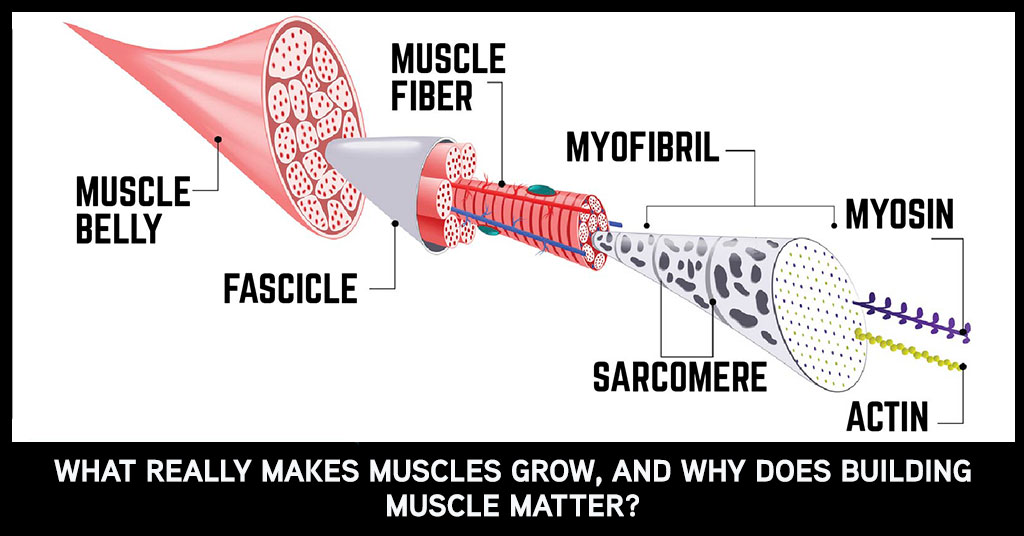
Credit: www.avatarnutrition.com
Genetics And Muscle Potential
Genes play a big role in muscle growth. Some people are born with more muscle-friendly genes. This means they can build muscle faster. Muscle fiber type is also important. There are two main types: fast-twitch and slow-twitch. Fast-twitch fibers grow bigger and stronger. Slow-twitch fibers are good for endurance. The number of each type is genetic. Hormones like testosterone also affect muscle growth. High levels of testosterone help build more muscle. Genetics also influence how our bodies respond to exercise. Some people see results quicker. Others need more time and effort.
Even with less muscle-friendly genes, you can still build muscle. Consistent exercise is key. Focus on strength training. Nutrition matters too. Eat enough protein and healthy fats. Rest is crucial. Muscles grow when you rest, not when you work out. Stay hydrated to keep muscles healthy. Using proper form reduces the risk of injury. Stay patient and keep pushing. Everyone has the potential to grow stronger.
Frequently Asked Questions
What Is Muscle Mass?
Muscle mass refers to the amount of muscle tissue in your body. It includes skeletal muscles, smooth muscles, and cardiac muscles.
How Does Muscle Mass Grow?
Muscle mass grows through resistance training and protein intake. Exercise causes muscle fibers to break down. The body repairs and rebuilds them stronger.
Why Is Muscle Mass Important?
Muscle mass is crucial for overall health. It improves metabolism, supports bone health, and enhances physical performance.
Can Muscle Mass Be Lost?
Yes, muscle mass can be lost due to inactivity, aging, or poor diet. Regular exercise and proper nutrition help maintain it.
Conclusion
Understanding muscle mass is crucial for fitness and health. Building muscle enhances strength, metabolism, and overall well-being. Consistent exercise and proper nutrition play key roles. Remember, patience and dedication yield the best results. Stay committed, and you’ll see improvements in muscle mass and overall fitness.
Keep pushing towards your goals!

